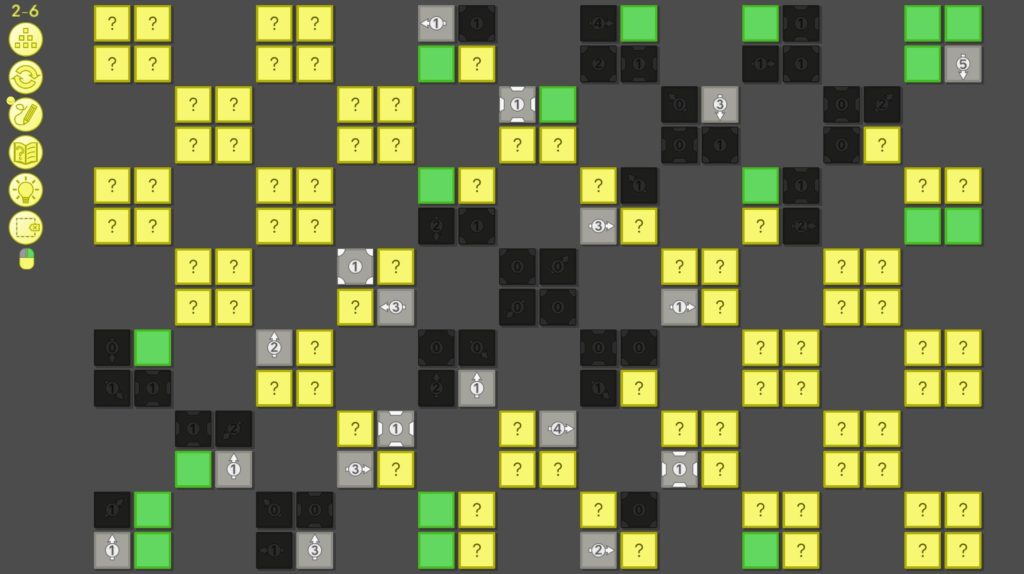

My favourite logic puzzle game of all time is Matthew Brown’s Hexcells. In fact, I say with what I will immodestly describe as some authority, I believe it is the best logic puzzle game of all time, especially by the conclusion of its trilogy, Hexcells Infinite. It is a uniquely brilliant combination of a variety of traditional logic puzzlers, made glorious by its ability to reveal new clues as you progress in a way printed puzzles never can.
I rather strongly suspect Hexcells might be a favourite game of Scott and Georgie Chinchen, developers of the astonishingly dreadfully named, but really rather good, Geocells Quadcells.

Matthew Brown moved on from Hexcells after three games. And while there were the also-brilliant follow-ups Squarecells and Crosscells, he has since moved on to esoteric cryptographical puzzlers that are wildly beyond my ability to comprehend, let alone solve. So it is with a grateful heart that I receive any attempt to emulate those Hexcells days. Geocells Quadcells absolutely does that, albeit without managing to touch it for sheer elegant perfection. Instead what we get here is a really solid pile of relaxing logic challenges to plough through, which is my idea of ideal downtime.
It doesn’t start off so well. Where Hexcells is presented with minimalist beauty, GeoQuad lands with a clumsy thump. A clunky menu leads to a puzzle selection screen that doesn’t even offer a tutorial, nor even an explanation of the rules. Those are found in an unmarked icon on the side the screen once you’ve started playing, and are five pages of absolutely abysmally written, meandering, repetitive and confusing instructions. My ho was about to hum. But then I figured, “Oh, it’s basically a more awkwardly laid out Hexcells,” and got to work. And it is.

Which is to say, you are presented with a grid of squares, some containing instructions for which adjacent or column/row-sharing cells must be highlighted, and which must be eliminated. Or as the game’s fantastically terrible instructions put it, which must be “green”, and which must be “not-green”. The latter a category which plausibly contains almost any colour you can think of, a double-decker bus, Thursdays, the sense that you can’t quite remember something, and Cardiff. But in this case it means “grey”. You follow the obvious, then deduce the less so, and by a process of elimination complete the grid, and feel magnificent.
As you play, more elements are introduced, and the process becomes more complex, if not necessarily harder. Soon you’re looking at diagonals across a broad grid, spotting where they overlap with an instruction that a cell has one highlighted cell on any of its four corners, and realise this affects the potential placement for the rest… and so on. It’s that good Hexcells vibe, just without that good clean presentation.

Which my nice way of saying: this game’s ugly as hell. And that doesn’t matter, because it’s about solving logic puzzles, and people who like doing those don’t mind when they’re black-and-white grids printed on cheap puzzle book paper.
The slightly more serious issue with its all-round clunk is despite being a 2D grid of squares, somehow it manages to crash its own framerates when you click on cells. They regularly drop by a third as you click, which makes for a bit of a glitchy experience when you’re clicking down a line of eliminated cells.
Also, you can’t turn its horrid music all the way off! That’s a new one on me. The options, frustratingly only available outside of a level, have a slider that apparently isn’t willing to reach 0, meaning you have to have it mumbling away to itself in the background. Very odd.

But then it also does some features extremely well. Any instruction can be clicked on to highlight the cells it covers, and that’s extremely useful when it comes to diagonals. Trying to follow a diagonal of squares across the whole screen is always a tricky endeavour, so that’s solved here. And better still, finish marking all the clues that instruction cell covers, and it’ll automatically deselect itself – a tiny detail, but a really nice one to have thought of.
Constantly comparing it to Hexcells isn’t entirely fair, because it’s like constantly comparing every piece of music to the Brandenburg Concertos. But then again, write your own suspiciously similar piece of orchestral Baroque and you’re certainly going to invite them. So it’s also worth noting that these puzzles don’t have that same sense of – for want of a better word – wit about them. With Hexcells you feel like Brown is teasing you, encouraging you, or nudging you, as you progress through the levels. Here you just have a nice set of interesting puzzles to solve. And it’s pretty important that I keep some perspective here and celebrate exactly that. Which is why this is here! I am really pleased this exists, and recommend it to you heartily.

This is apparently the second game in the Geocells series (all I can think of is Geoducks, and then want to pronounce it “Gooeycells”), with 2018 offering Geocells Tricells. Gooeycells Tricells. I shall be checking that out too, now.
Which all leads to a very simple conclusion. If you’ve not played the Hexcells games, for goodness sakes, start with the best. If you have, and you want some more of that sort of thing, then ta-da!
- Scott Chinchen, Georgie Chinchen
- Steam
- £5.79/€6.59/$8
All Buried Treasure articles are funded by Patreon backers. If you want to see more reviews of great indie games, please consider backing this project.





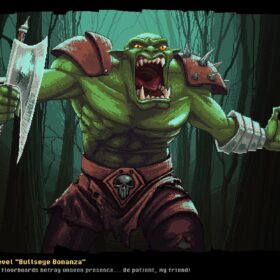
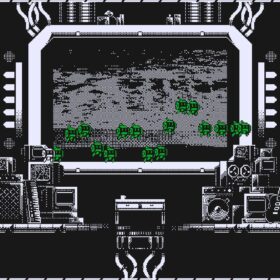
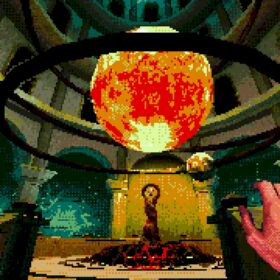
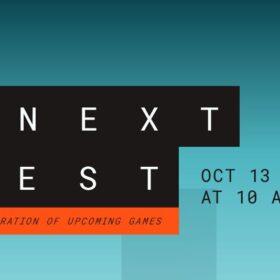
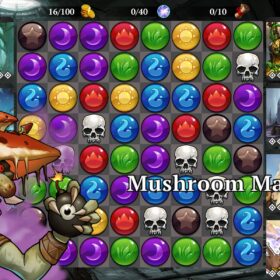
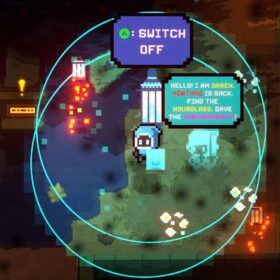

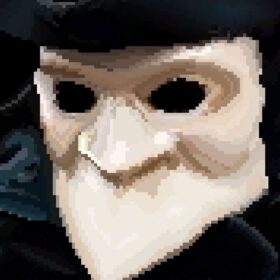
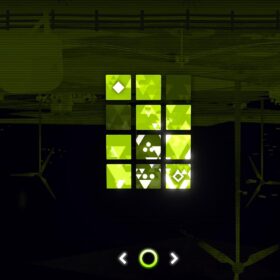
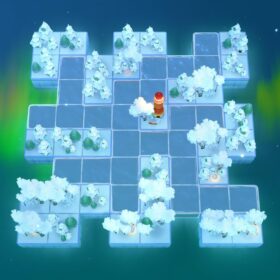
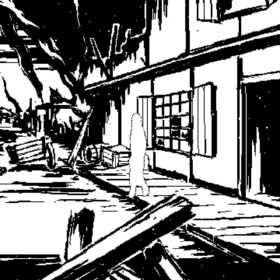


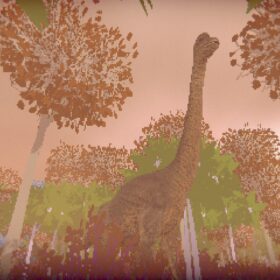
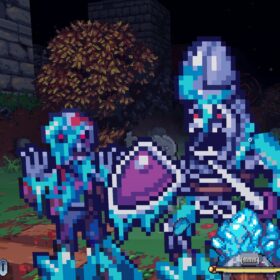
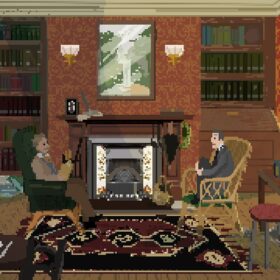
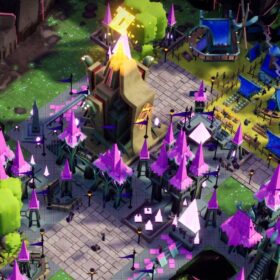
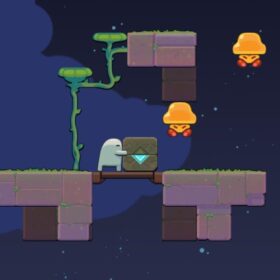
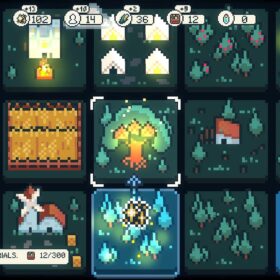

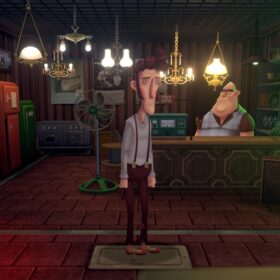
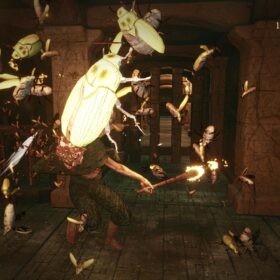

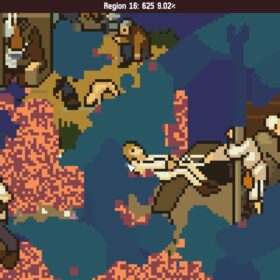
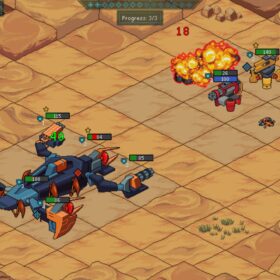

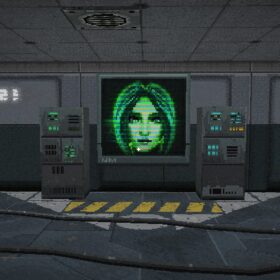
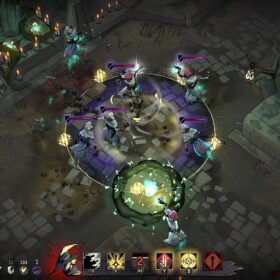
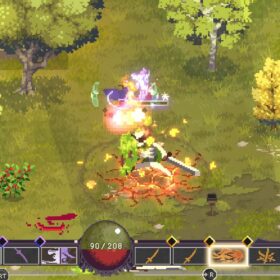
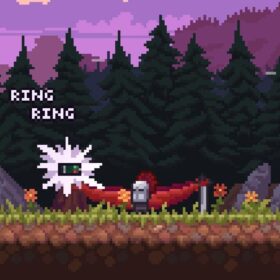
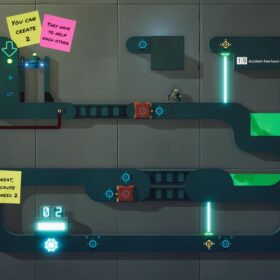
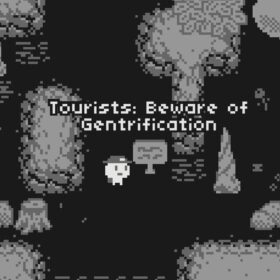

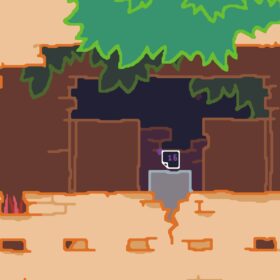
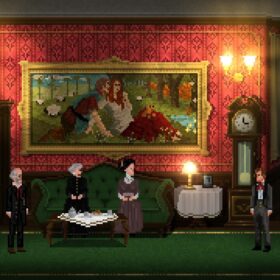

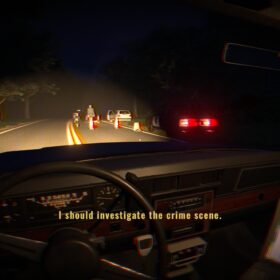
Looks similar to tametsi
My wife saw me playing one of the Hexcells games and asked if she could have a go. She clicked with gay abandon, not caring AT ALL about making mistakes. I genuinely couldn’t bear to watch, but we were on a plane so I couldn’t escape. It was awful.
Anyway, thanks for the recommendation. I think this site is going to end up costing me more money than I expected!